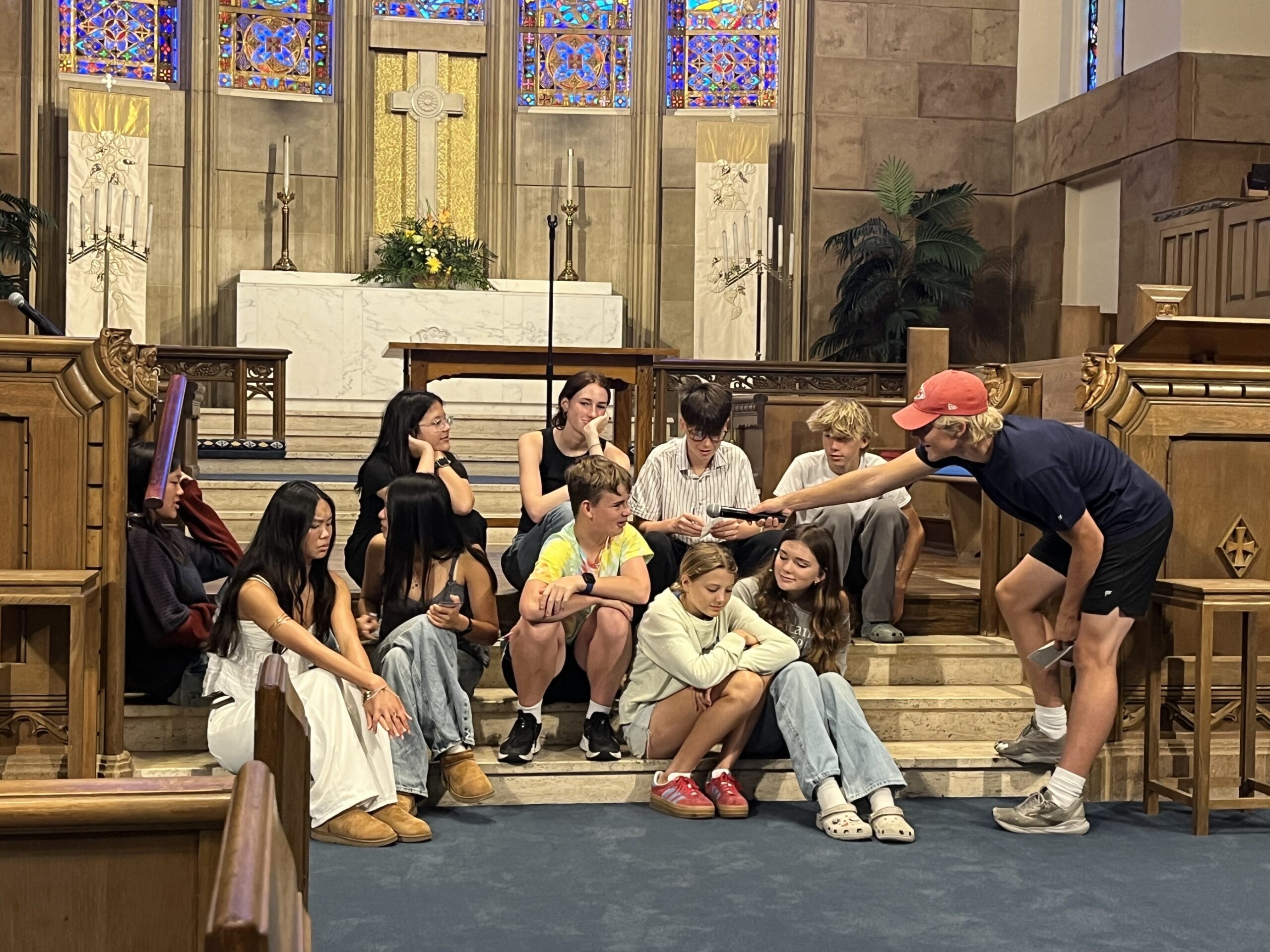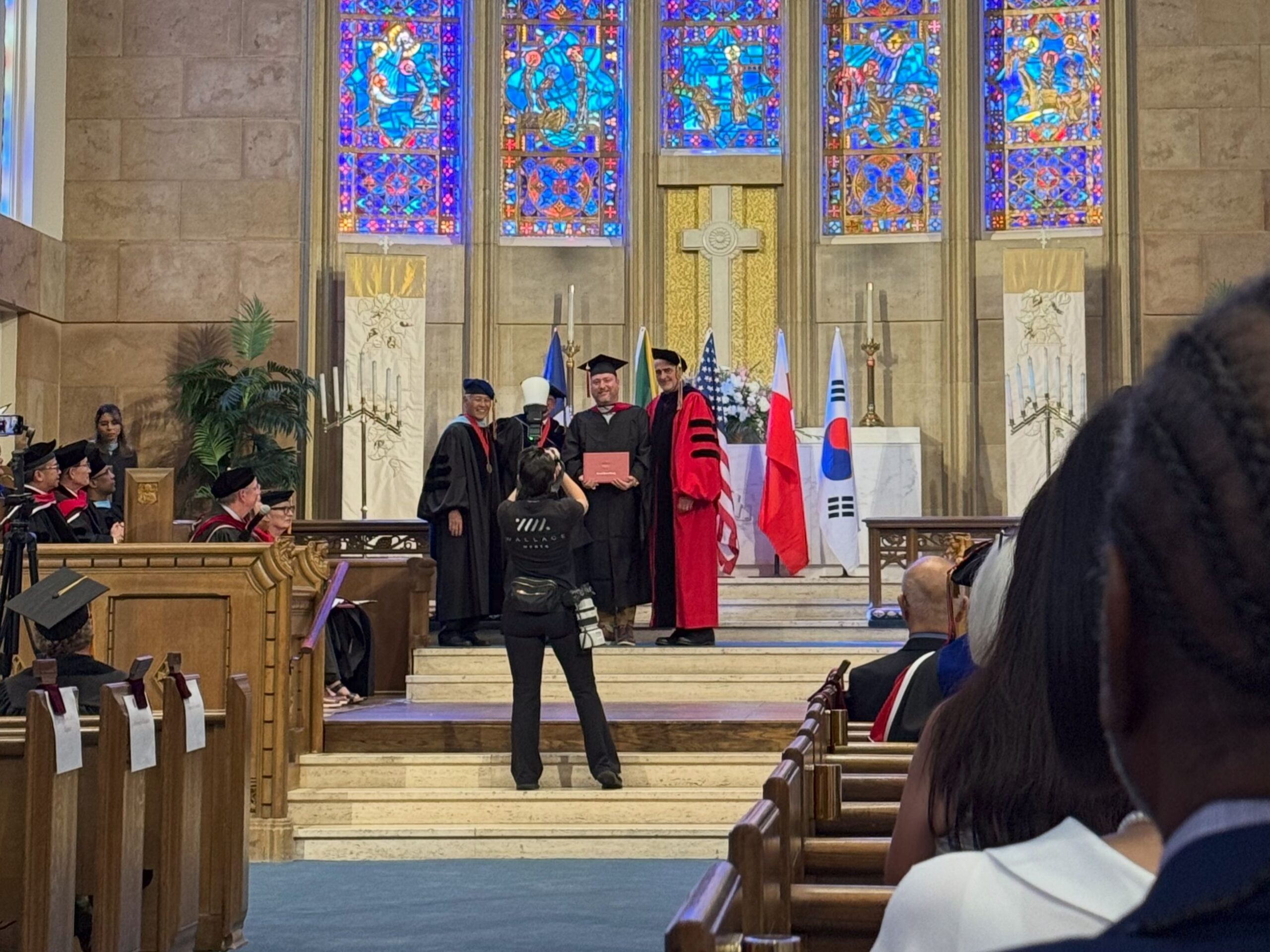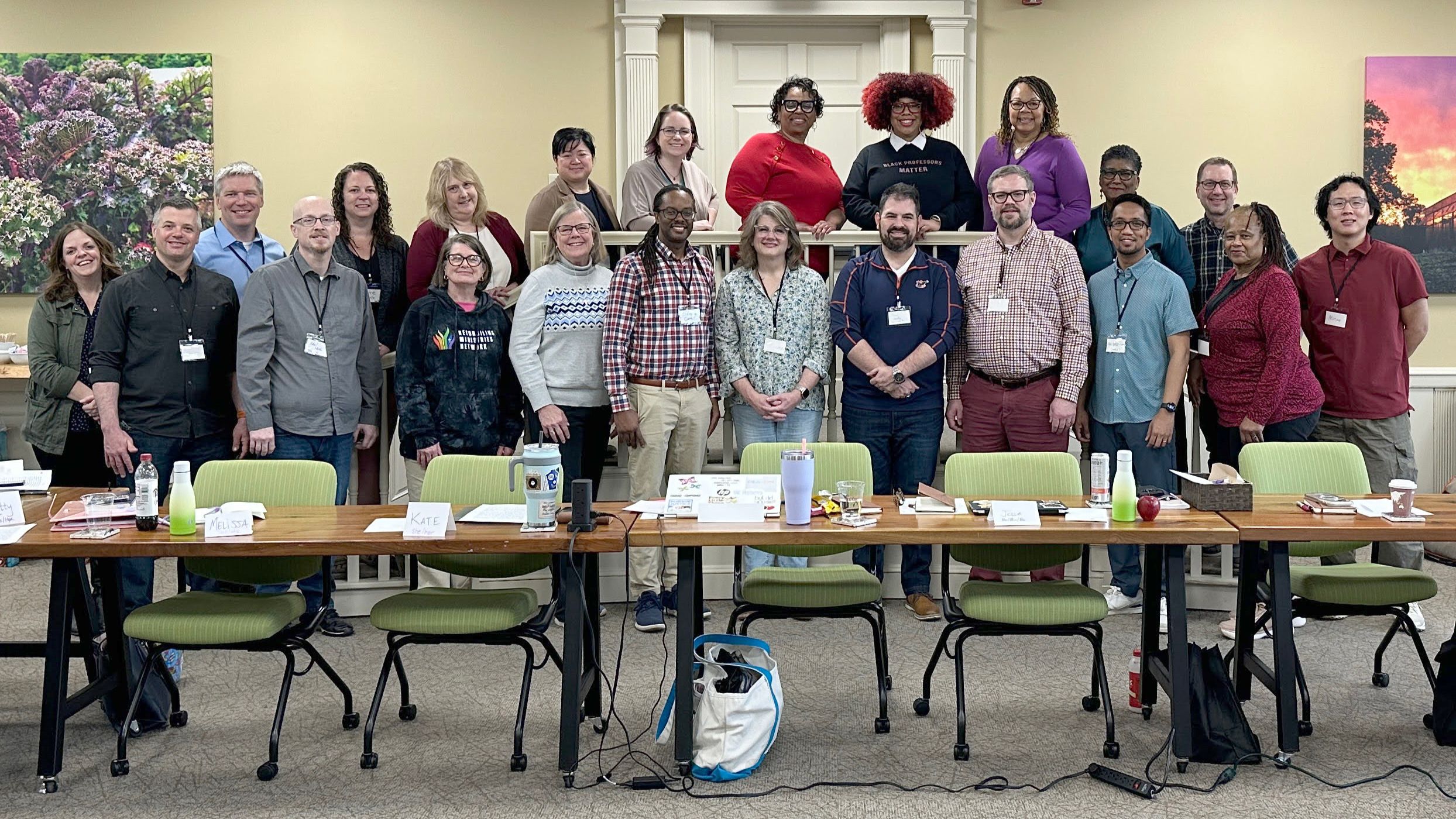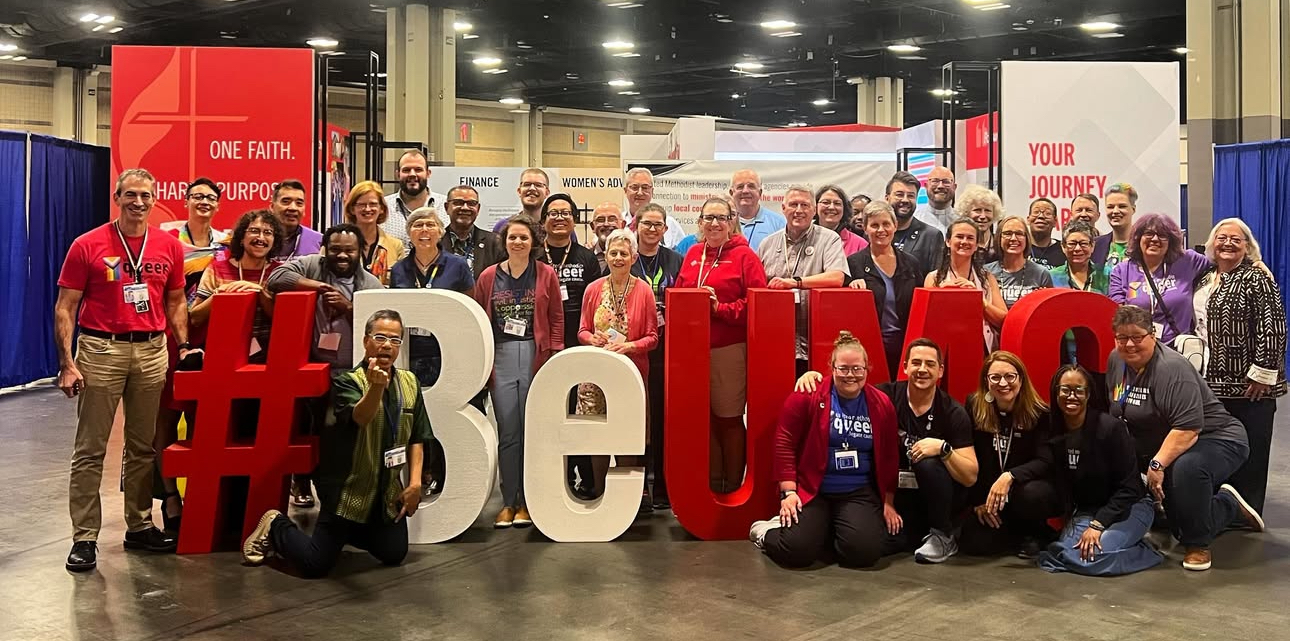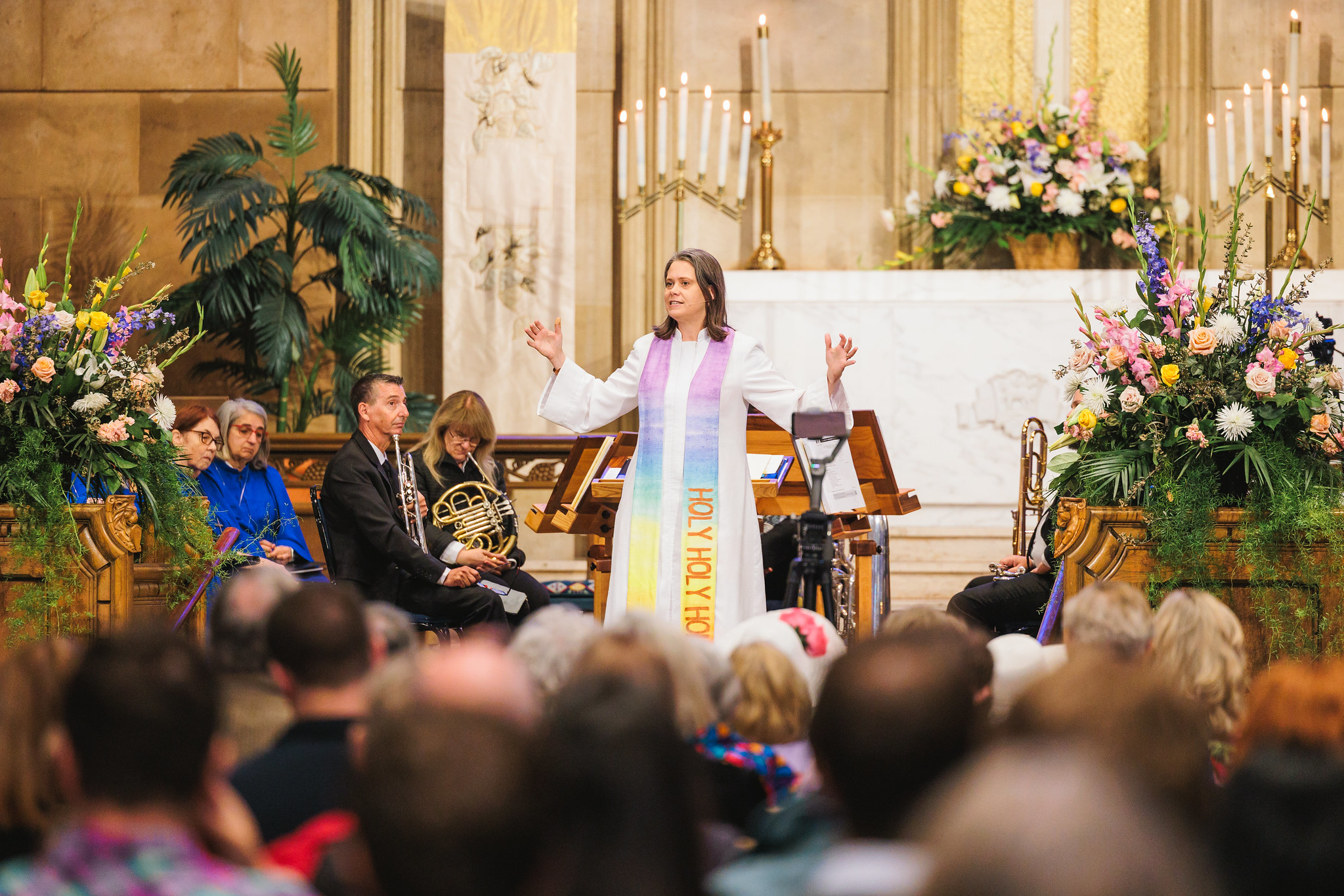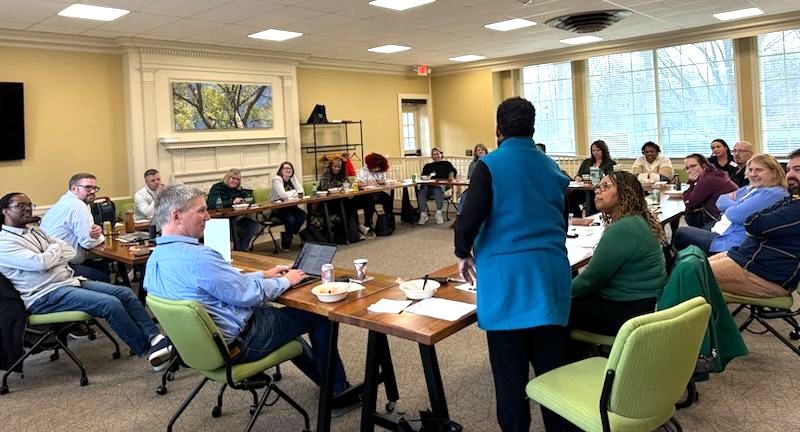This week, the Los Angeles Unified School District has closed our schools for three days; a strike by the lowest-paid school workers, and supported by our teachers’ union, left the school district unable to open safely.
With the schools closed, I’m grateful that my twelve-year-old is old enough to care for himself during the day, and that my job is flexible enough that I can check in on him; I know that for other families, this school closure creates significant challenges. The LA Times reports that more that 80% of LAUSD students live at or below the federal poverty line; families depend on our schools for free school lunches, as well as childcare while parents work away from the home.
This school closure reveals so many things that are wrong: the number of families living in poverty, the level of food insecurity in our community, the low wages of essential workers in our schools. These things matter to us, as followers of Christ. Our denomination has, since 1908, named worker justice and a living wage as priorities for our faith. Our current statement in the United Methodist Book of Resolutions describes a theological basis for this advocacy:
“Human beings, created in the image of God, have an innate dignity (Genesis 1:27). Commanding human beings to farm and take care of the earth, God granted dignity to the work of human hands (Genesis 1:28, 2:15). Work remains a means of stewardship and God-given creativity.
“Throughout Scripture, God orders life together based on right relationships, shared resources, and economic justice. In the very act of creation, God demonstrates time for work and rest. The Hebrew prophets decry the growing disparities of wealth and poverty. The Book of Acts describes an early Christian community that shared its goods with one another. The basic principles are clear: All human beings should be treated with respect and dignity. Thus, those who work should earn wages that sustain themselves and their families. Employers have a particular responsibility to treat workers fairly and empower them to organize to improve conditions.” (From “Rights of Workers,” 2016 Book of Resolutions, #4135)
This commitment to worker justice is grounded in our understanding that humans bear the image of God. This is the same conviction that also grounds our commitment to overcoming exclusion and marginalization of LGBTQ+ siblings, racism, and sexism. These commitments are knit together into the fabric of our faith, and the core convictions of our identity as children of God and followers of Christ.
May we all find ways of speaking and standing up for the dignity of our neighbors, and living out our faith as individuals, as a congregation, and as Los Angeles.
grace and peace,
Pastor Molly


